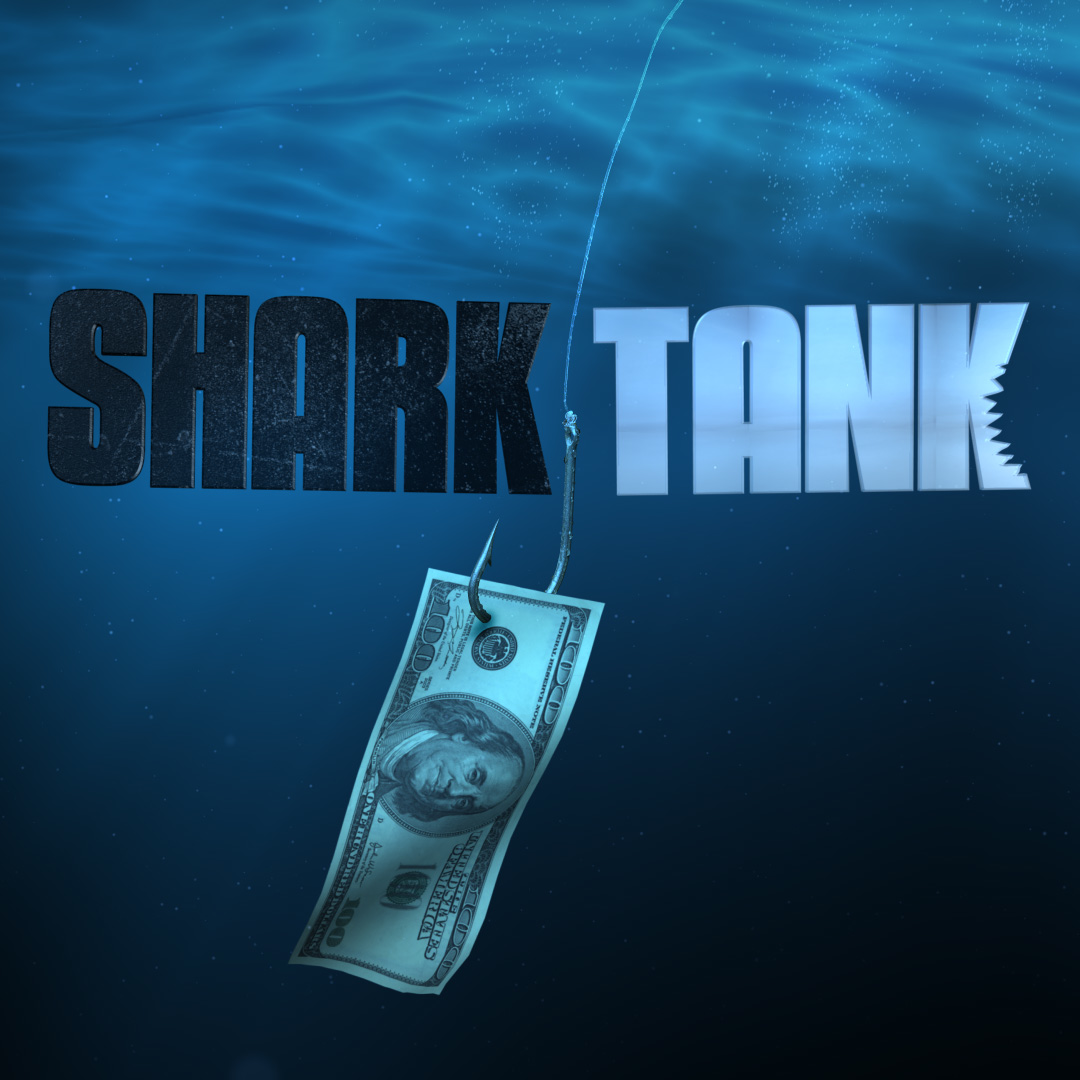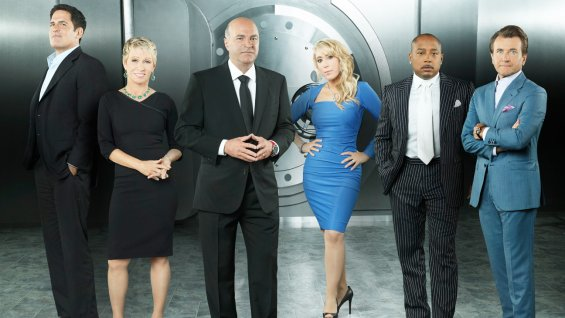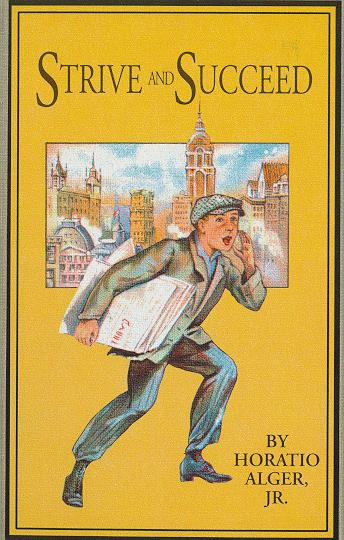Shark Tank and the American Dream
Chad Newsom / Savannah College of Art and Design


In this way, each episode stages a Horatio Alger story—and not the Alger myth most people know. In popular culture, a “Horatio Alger story” connotes the idea that diligence and hard work pay off. But that version is a misreading of Alger’s original stories: in novels like Ragged Dick, diligence and hard work take you only so far—until a wealthy benefactor intervenes. In Ragged Dick, the eponymous protagonist transitions from an illiterate bootblack who squanders his money to a “’spectable” young man with a basic education and a savings account. Alger comments, “His street education had sharpened his faculties, and taught him to rely upon himself. He knew that it would take him a long time to reach the goal which he had set before him, and he had patience to keep trying. He knew that he had only himself to depend upon, and he determined to make the most of himself—a resolution which is the secret of success in nine cases out of ten.”3 But despite his best efforts and meager success, Dick remains a bootblack until the last few pages of the novel. While riding a ferry, Dick saves a young boy who falls into the water, a child who happens to be the son of a wealthy businessman. The man repays Dick with a job as a clerk in his counting-room and a salary higher than he could imagine. His own efforts paid off in the sense that learning to read and write dissertation help put him in the position where he could take a job as a clerk; but he still depended upon a fortuitous encounter to realize his dream. That part of the Alger story has been overlooked because it interferes with the more heroic “self-made man” scenario. Like Shark Tank, Alger’s stories are paeans to self-reliance, but both reveal the limits of that myth.

While Shark Tank relies upon a different version of the American dream than these shows do, it still does not completely escape typical reality show pitfalls. The producers do sometimes select contestants for reasons of personality over product, but after all, sales requires a degree of showmanship. Also, some contestants do not expect a deal, but merely want the TV exposure that will instantly boost revenue. Yet rarely does the show feature train-wreck contestants—reality show contestants selected precisely to fail. For example, the most bizarre pitch I’ve seen was the man who proposed to surgically implant a bluetooth device behind the ear. (It’s not surprising that this segment appeared on season one’s first episode, hence the need to attract an audience). But such standard reality show techniques do not occur often. There’s tough competition to even appear on the show in the first place, and it would greatly undercut the show’s appeal if it allowed too many “undeserving” contestants with no shot of a deal. Sometimes, however, those people do walk away successful: no deal seemed less likely than the one involving a company called “I Want to Draw a Cat for You,” a business where one man draws custom stick-figure cats upon request—but Mark Cuban invested.6
Image Credits:
1. Shark Tank logo
2. The “Sharks”
3. Cover of Strive and Succeed
Please feel free to comment.
- This particular segment also points out an aspect of the show that’s consistently downplayed. For all its talk of the American dream, the chances of actually appearing research paper on the program put the show on par with any standard reality competition. Tens of thousands of people apply each season, but only a handful makes it on to the show. The “Funbites” inventor tried for three years to get on; when she mentions this fact, Mr. Wonderful shouts, “You made it!” and everyone shares a laugh, a laugh that glosses over the sheer luck involved in being selected to appear on the show. [↩]
- Many of the show’s entrepreneurs have already found great financial success, but they are still there because that success is not enough. [↩]
- Horatio Alger, Jr. Ragged Dick. (New York: W.W. Norton and Company, 2008), 86. Note, as well, the didactic tone that Alger’s novel shares with Shark Tank; repeatedly, Alger emphasizes that Dick’s story is meant to teach others how to be successful. [↩]
- Jim Cullen, The American Dream (New York: Oxford University Press, 2013), 168-9. [↩]
- Cullen, 170, 176, 177. [↩]
- At the time of this article’s publication, 18,794 cats have been drawn. http://iwanttodrawacatforyou.com/ [↩]
- http://www.thewrap.com/how-shark-tank-went-from-deathslot-friday-to-franchise/ [↩]
- Cullen, 7. [↩]
I am trying to get in touch with Chad Newsom who posted an article. It listed him as in cinema studies at Savannah College of Design but I cannot find an email for him
Pingback: How “Shark Tank” Revolutionizes Businesses